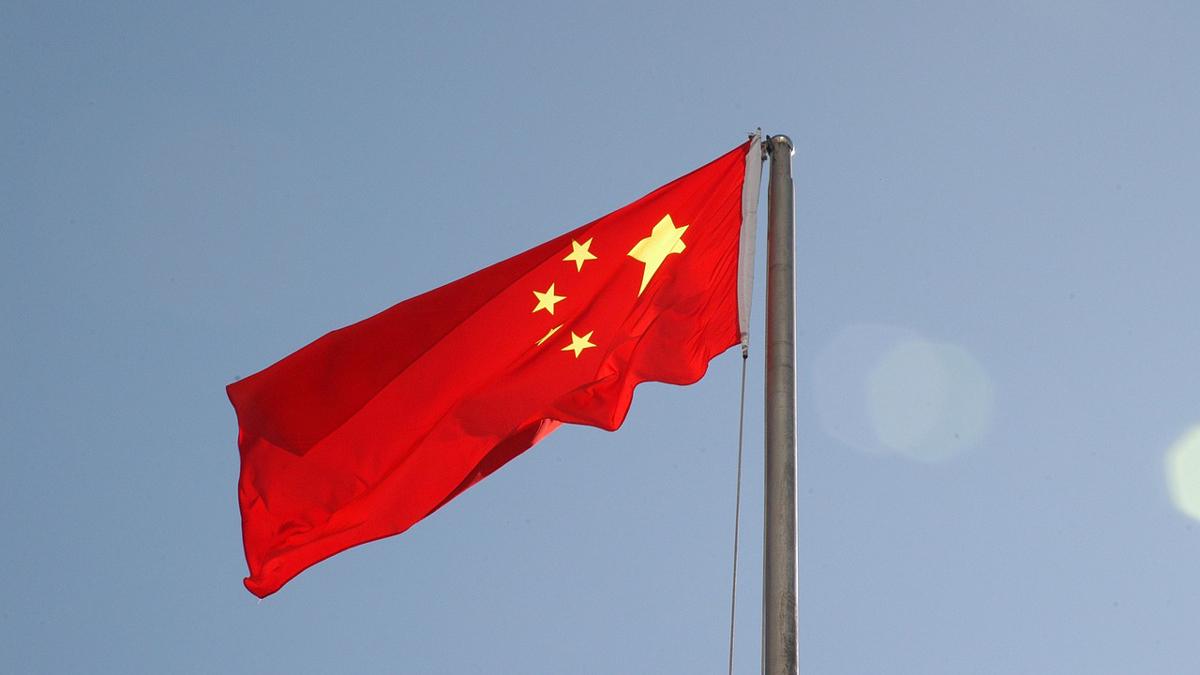Can China’s biotech industry weather frosty US relations?

The Chinese biotech industry has grown rapidly to become a major hub of research. However, as US-China trade relations continue to deteriorate, Ben Hargreaves asks whether this could stunt investment, collaboration, and growth in the years to come?
China released its 14th five-year plan in 2021, and it was marked with plans to fully modernise the country and to focus on the development of several key industries. Among the industries the Chinese Communist Party (CCP) wanted to focus on were automobiles, AI and quantum technology, renewable energy, and also healthcare, particularly the biotech sector.
The development and investment that is being funnelled into the Chinese biotech industry is of a huge scale, with reports suggesting that $220 billion has been funnelled into the area in less than a decade. The rapid development of the industry has generated a number of partnerships between Western pharma companies and China-based companies. As recently as August 2023, the Chinese government outlined plans to ‘optimise’ foreign investment, with ‘biomedicine’ being the first focus of a 24-step guideline. The announcement could have been a response to some of the trade tension that has emerged in recent years, where geopolitics has made China less attractive for foreign investors. This could be a blow for the biotech sector in the country, which has advanced rapidly over the last decade.
Rapid growth
As in other areas, such as technology and manufacturing, the strategic reason for targeting biotech as an area for investment and growth is clear. The world’s population is ageing, and this is expected to only accelerate in the years to come – as such, treatments to combat age-related diseases will be in greater demand. Other Asia-Pacific countries have adopted a similar strategy, such as South Korea and Singapore – in the case of the two mentioned countries, they have both invested heavily to establish themselves as centres of manufacturing and biotechnology in the region.
According to the Wall Street Journal, venture funding for Chinese biotechs rose stratospherically in the last decade, with $1.2 billion raised in 2015, jumping to $19.3 billion in 2021. Last year, this figure fell to $8.9 billion, but this still represents a marked difference from less than a decade ago. Overall, this saw China-based biotech firms increase their market value 100 times to more than $300 billion between 2016 and 2021, stated McKinsey.
International interest
All of the investment being funnelled into Chinese biotechs meant that the pipeline of potential products was able to grow rapidly. As a result, a number of large pharma companies have chosen to partner with Chinese biotechs in licensing deals or co-development arrangements to tap into some of the prospects emerging in the country. Last year, Sanofi signed a $1.2 billion research deal with Insilico Medicine, an AI specialist. In 2021, a series of significant deals were signed between major pharma companies and Chinese biotechs, including Novartis and Beigene ($2.2 billion), AbbVie and I-Mab ($1.9 billion), and Seagen and RemeGen ($2.4 billion).
More recently, Fortune reported Albert Bourla, CEO of Pfizer, as stating that he had high hopes for collaboration with Chinese biotechs, which follows the company’s move earlier this year to partner with China’s Sinopharm Group. Similarly, AstraZeneca signed a deal worth up to $600m with LaNova Medicines in May 2023, and the same month Pascal Soriot, the company’s CEO, visited the country, spending time in Shanghai, where AZ has an R&D centre. On a second quarter financial call, Soriot was asked about the company’s commitment to investment in the country, and responded: “We are definitely committed. We have a strong R&D team. We are also, as I said before, leveraging our connections to partner with local biotech companies and help them develop and commercialise their products globally. So, it will remain a very important country for us, not only because we have products to sell to help patients there.”
Dark clouds
The question of commitment to its operations in China emerged after AZ was reported as looking to spin out its Chinese business, potentially listing in Hong Kong or Shanghai. The same report suggested that a ‘growing number of multinationals’ were considering taking similar action. The reason companies are suddenly having cold feet about the country is due to the geopolitical tensions that have emerged in recent years. The primary driver is the increasingly frosty relations between US and China, specifically regarding the development of China’s technological capacities.
One particularly notable action of foreign policy saw President Biden issue an executive order prohibiting certain outbound US investments in China when related to technology sectors, including semiconductors, quantum information technologies, and artificial intelligence. The expectation is that these measures could be extended to other areas. Though biotechnology does not currently feature under the areas of concern, the indication is that investment flowing into China may be broadly discouraged. However, US Representative Michael McCaul, was one individual who reacted to President Biden’s action by also calling for investments into biotechnology to be blocked.
Work to do
One of the ways in which China reacted was the previously mentioned decision to publish a guideline to optimise and attract foreign investment. The first part of the guideline reads: “Foreign investors are encouraged to establish research and development centres in China and undertake major scientific research projects. Foreign-invested projects in the field of biomedicine will enjoy accelerated implementation.”
Another element that would be of interest to pharma foreign investment is a section on intellectual property rights, which has long been a concern for the industry. The Chinese government stated that it plans to take action to strengthen intellectual property rights, and to ‘intensify’ intellectual property rights administrative enforcement. Internally, the CCP also plans to improve working mechanisms for attracting foreign investment.
However, if the Chinese biotech sector is going to continue its growth trajectory, certain other aspects beyond investment will need to be improved. In a McKinsey report, the authors conclude that the industry has room for improvement in R&D and breakthrough innovations. Partly, this is based on biomedical papers – the country manages to publish the second-highest volume in the world, but these papers are less likely to be featured in prestigious publications. The authors note that researchers in China generally fall into the category of ‘follow-on’ research, as opposed to core research.
In some ways, this mirrors the development of treatments in China’s collective pipeline, which have often been ‘me-too’ drugs, as opposed to first-in-class therapies. However, with large companies, such as Pfizer and AZ, still adamant of the innovation that is emerging from the country, it is likely that this will change moving into the future, as the industry matures further. How quickly this maturity happens will depend on the level of cooperation it maintains with the big pharma companies, and whether investment will be allowed to flow into the economic rival of the US.













